The two justice systems, Rich vs Poor
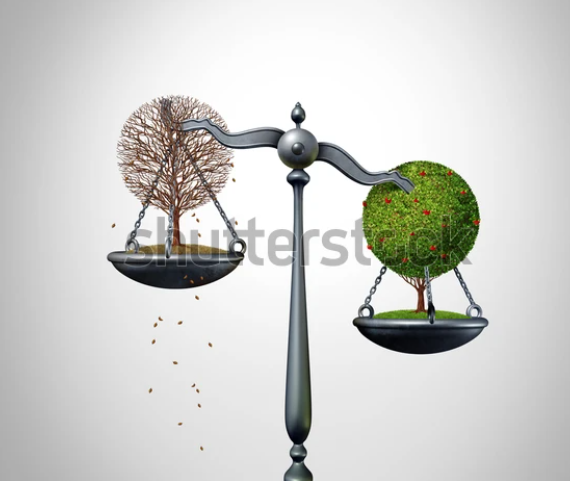
This picture illustrates the state of the American justice system. The rich are of more value than the poor. (Shutterstock)
March 25, 2022
Today is the day of the trial John Doe has been waiting for. He has been involved in this process for over a year, and in one moment, his hopes are crushed: “Please rise, we the jury find the defendant GUILTY,” The following thoughts are now running through the defendants mind: “What could a reputable lawyer have done for my trial? What if I had more money to cover legal fees? Would I have been found guilty?” The justice system needs to be changed because the rich and poor are treated differently. We have two different justice systems, one for the rich and one for the poor, and this justice system focuses too much on how much you can pay yourself out of a crime.
First of all, it’s inevitable that if someone has more money or connections, they are more likely to be found not guilty. For example if you can’t afford a lawyer you have to have a public attorney. Public attornies have large work loads with low returns, public attorneys usually have a substantial amount of cases they have to take on at once because they work for the government. Then private lawyers can take on the amount of cases they feel comfortable with. As well as getting paid much more for less work. So which attorney is going to spend more time and effort on your case. Inevitably the private lawyer. So you will be able to put up a better fight if you can pay the extra money. Many times the public attorneys are often more busy and underpaid. So clearly they’re are differences between public and private lawyers. Basically if you can afford an expensive lawyer to represent you, you have the advantage of a more quality lawyer. Then if you can’t afford a lawyer then it’s basically you against the court with very little help.
The next main issue is the fact that if you are rich then you can basically get yourself out of jail to potentially prepare yourself for court. Say two people go into the county jail for robbery and both of their bonds are set at $25,000. Defenandent A is rich and can easily pay for the bond themselves and pay for a reputable lawyer. Then we have defendant B who cannot pay $25,000, and can’t even begin to think about getting a subpar lawyer. Who has the better fighting chance in court, of course the rich person. So if the justice system is supposedly so “fair” then money shouldn’t have such a large influence on one’s ability to defend themselves in court.
Next is the fact that the people who commit crimes that are rich usually get less of a punishment or even get off on the crime. Then the people who are poor commit crimes that usually get more of a punishment. The U.S department of Justice states “The current criminal justice system is shaped by economic bias–crimes unique to the wealthy are either ignored or treated lightly, while the so-called common crimes of the poor lead to arrest, charges, conviction, and imprisonment.” This quote by the DOJ themselves shows that people who are poor have a harder time proving their innocence. Also not to mention the fact that after a poor person gets out of jail or prison, they have no job and are more likely to end up on the streets making poor decisions again. So once they get out of jail or prison they also don’t have a job because they have more than likely been fired, and with no money or job they will more than likely be on the streets and commit a crime again. Just simply because of the disadvantage of not having the kind of money a rich person has.
Overall the justice system is not fit for both sides. The justice system is better fit for richer people. The justice system treats rich and poor people differently, granting the rich and privileged the option to pay their way out of the crime. Everybody should have equal opportunity when their reputation is on the line.
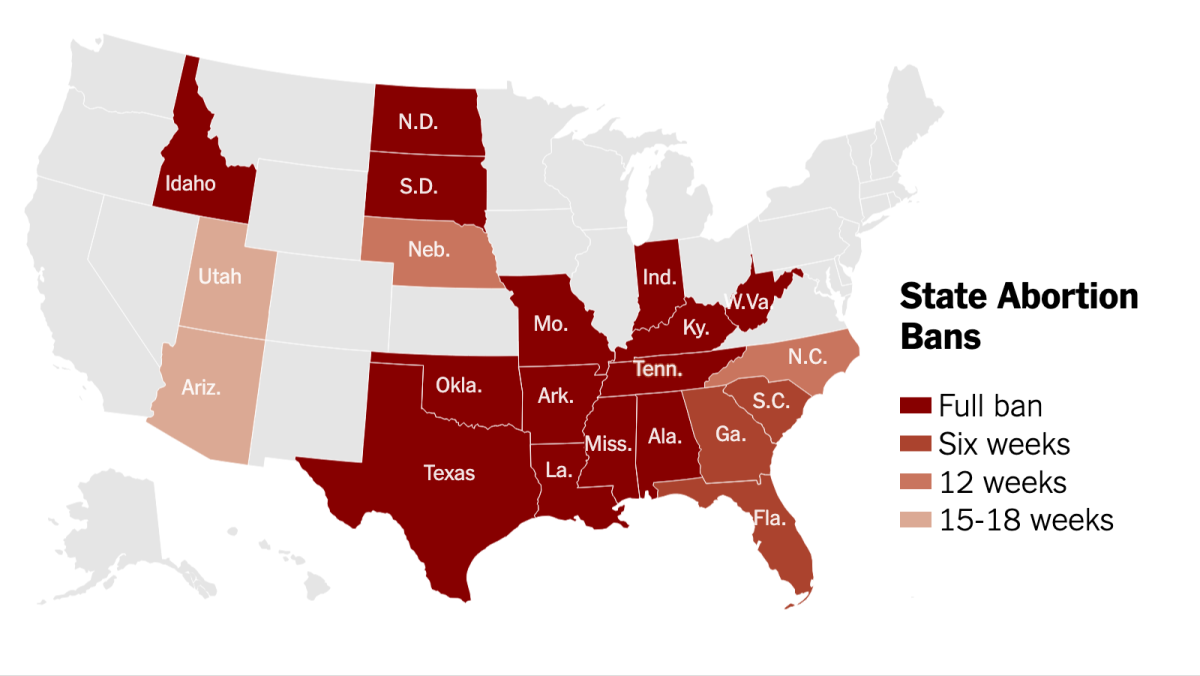
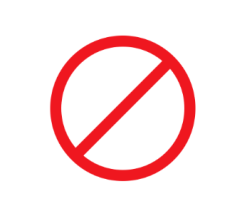
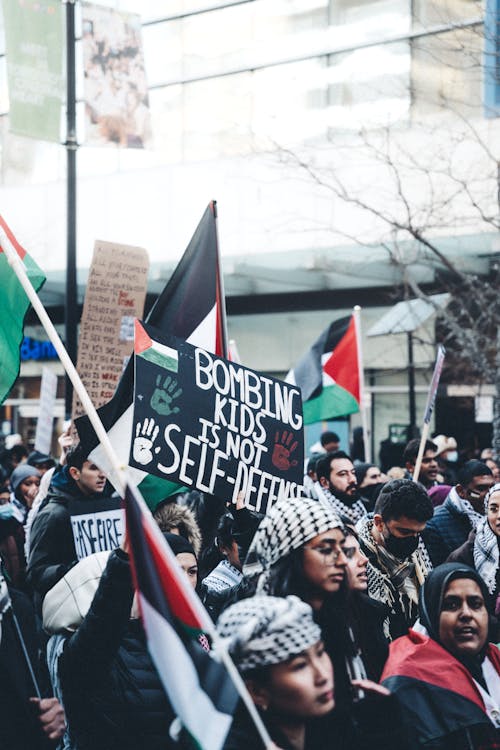

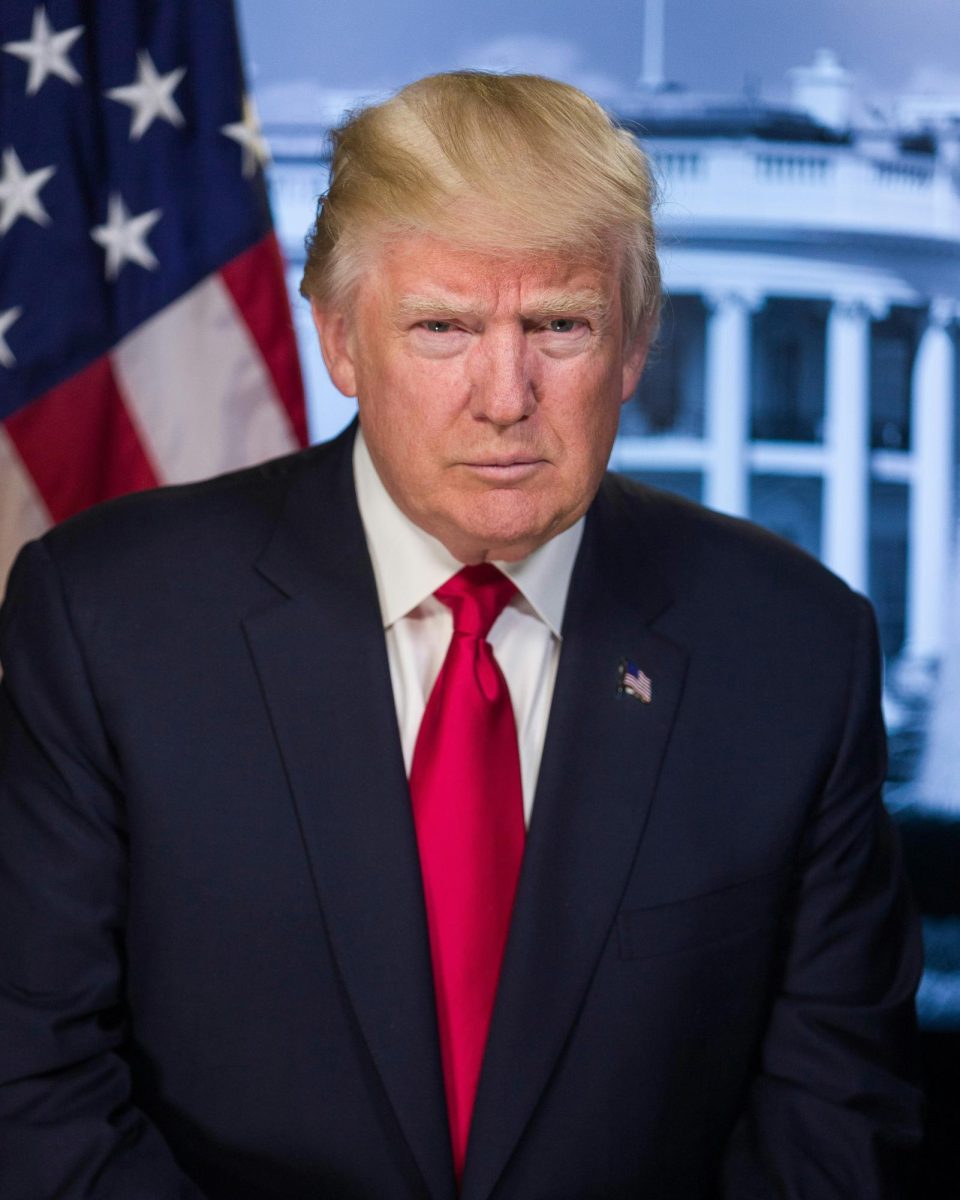
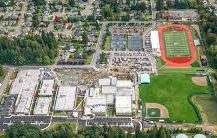
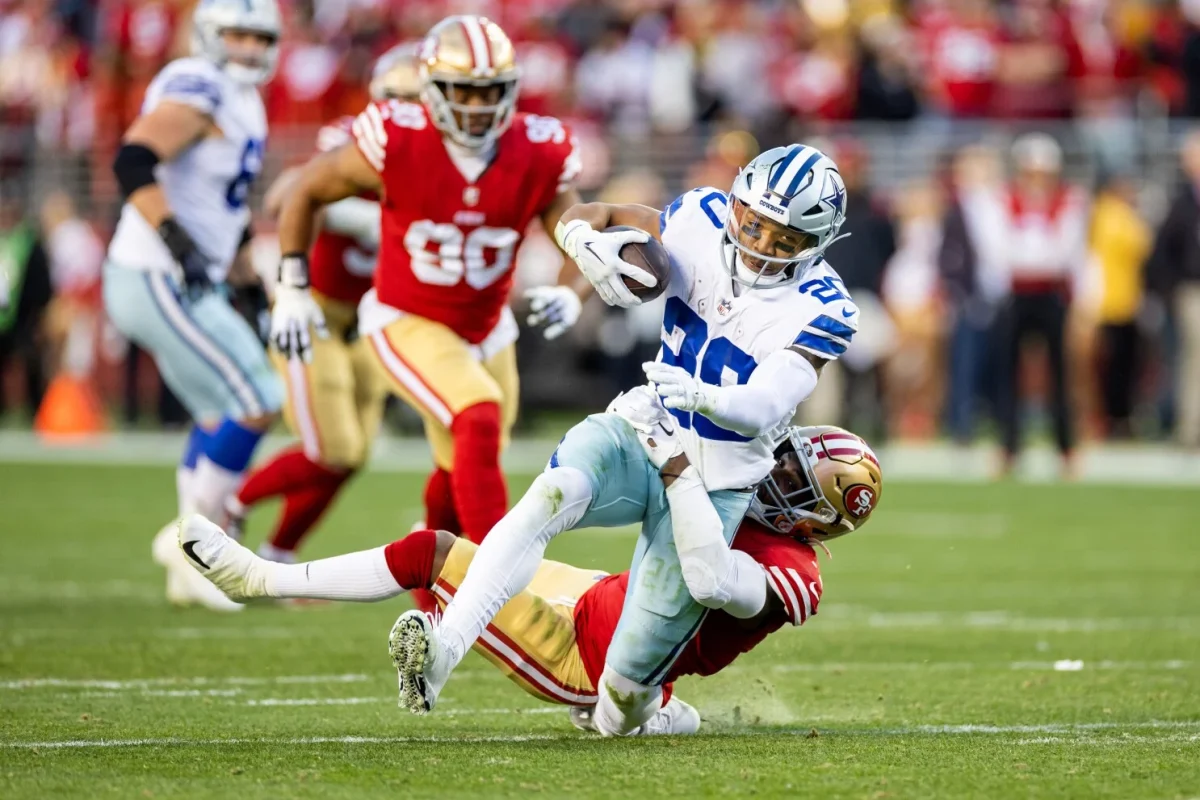
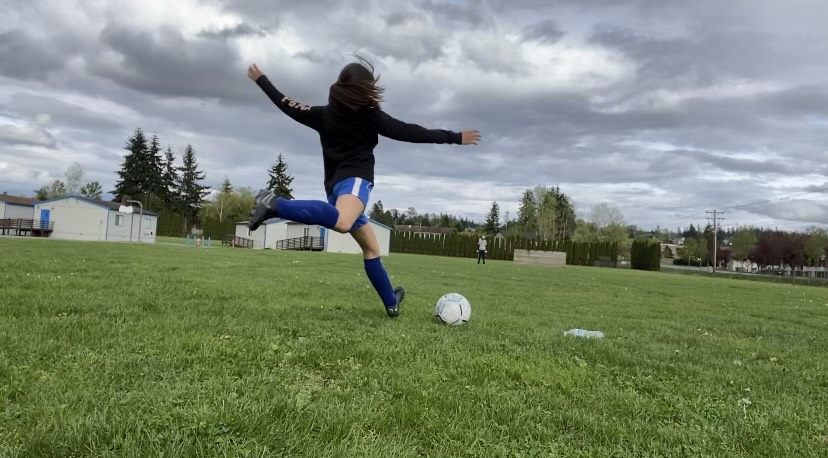
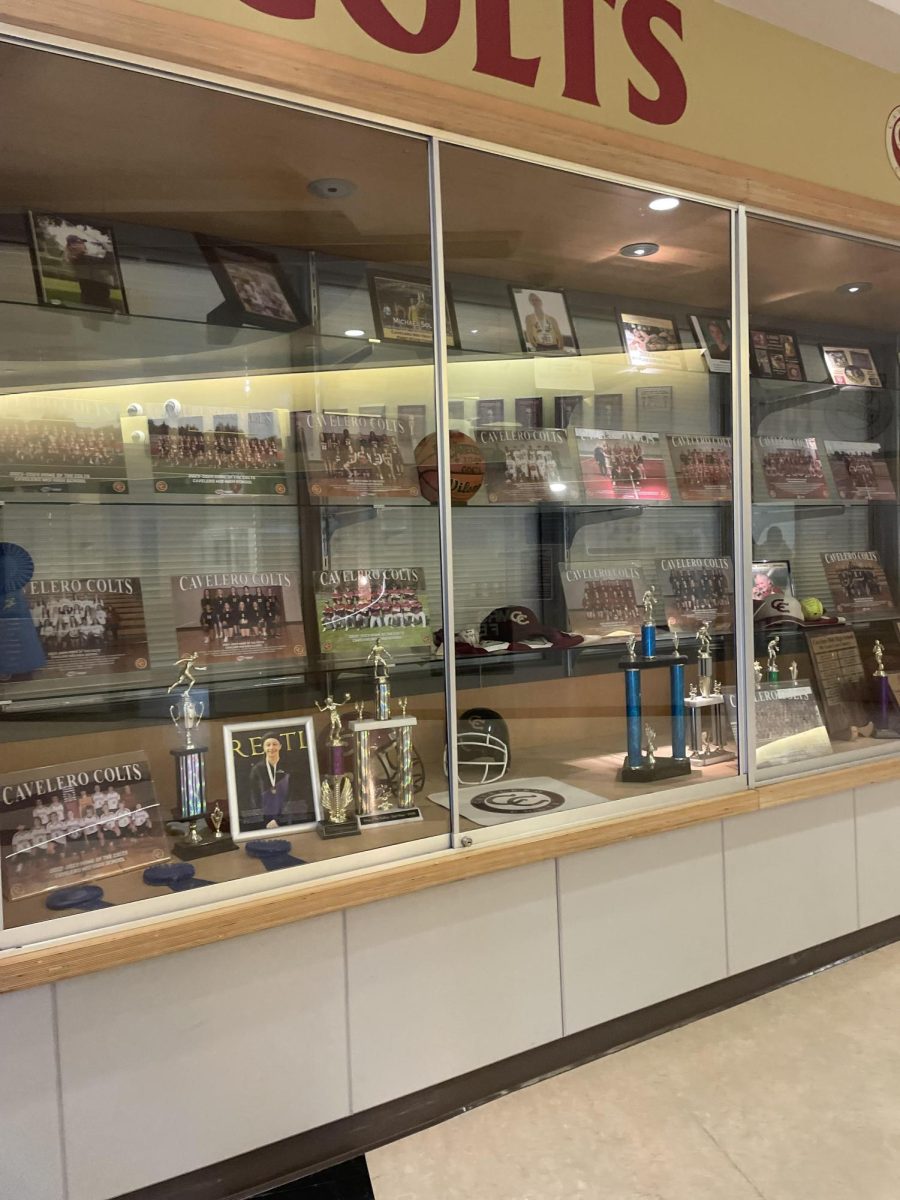
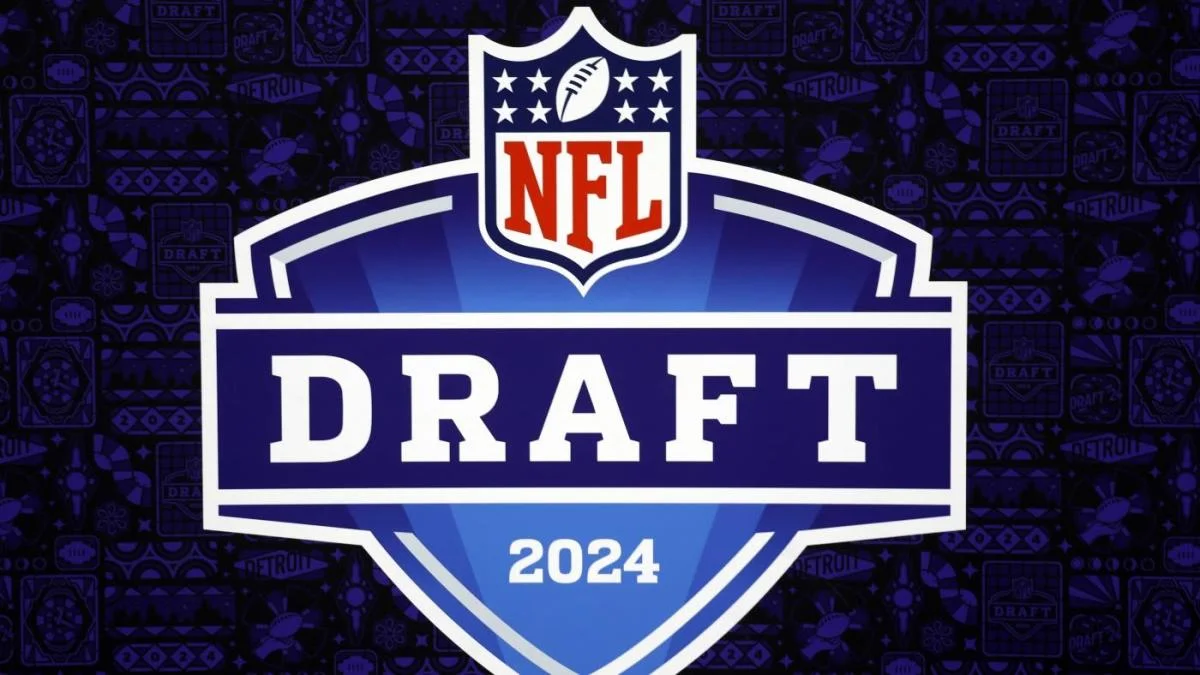
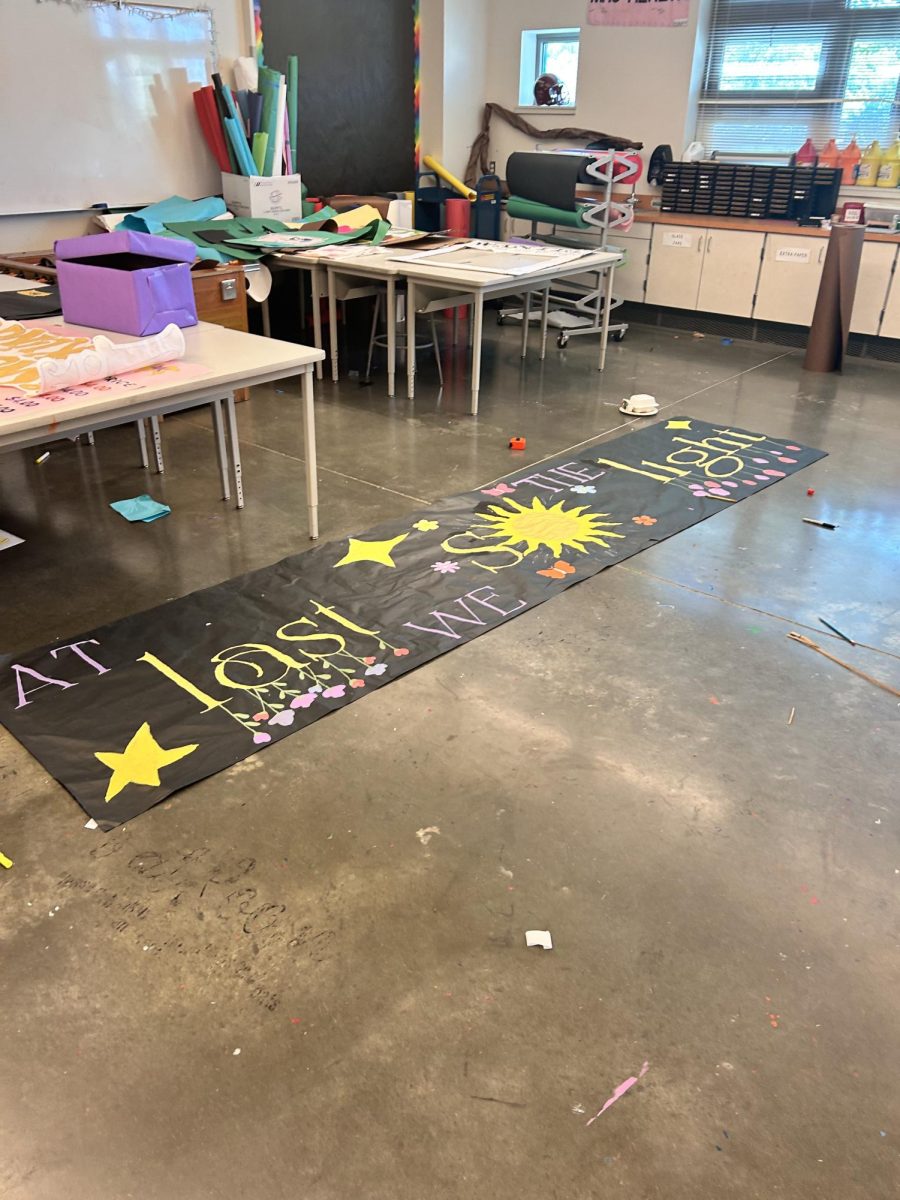


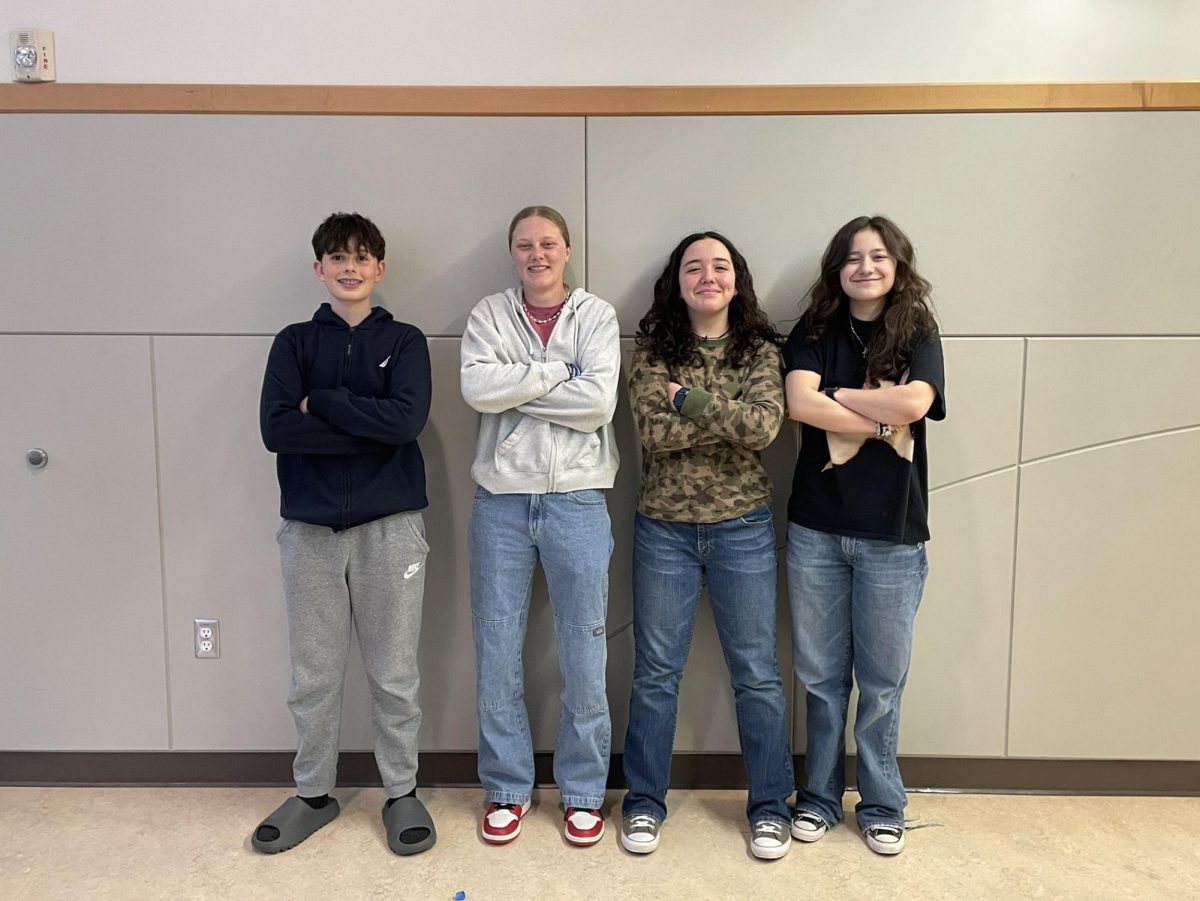
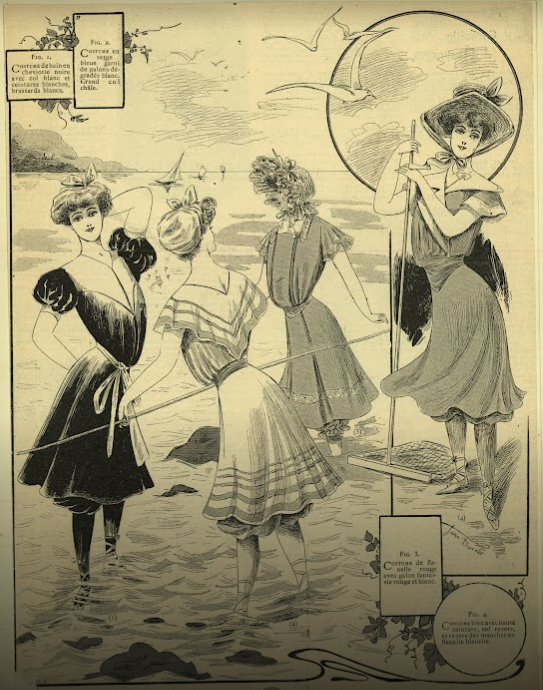


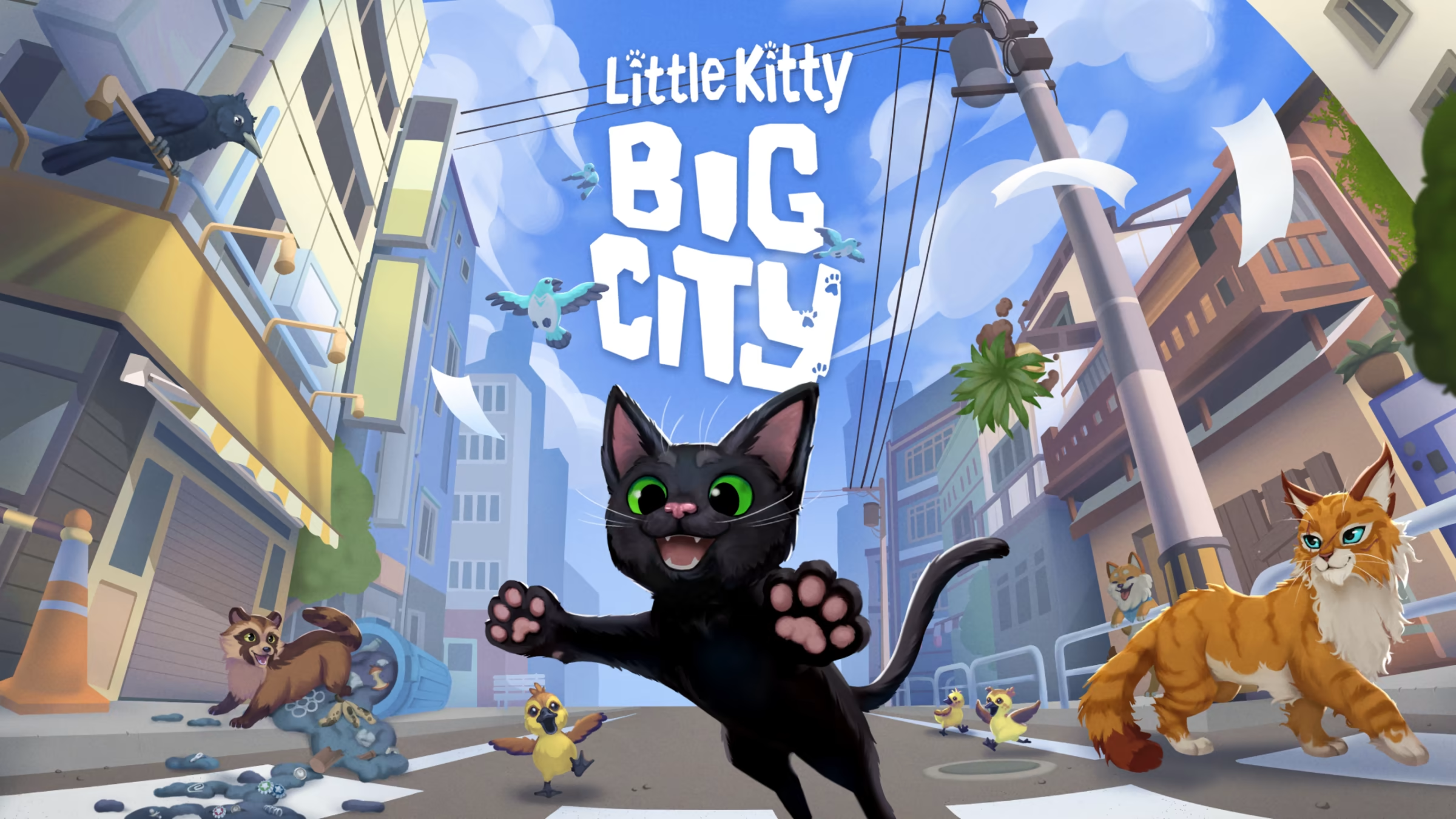


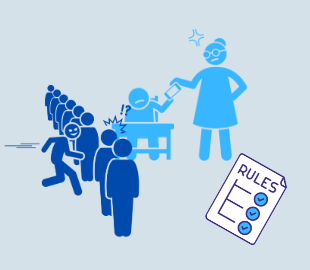
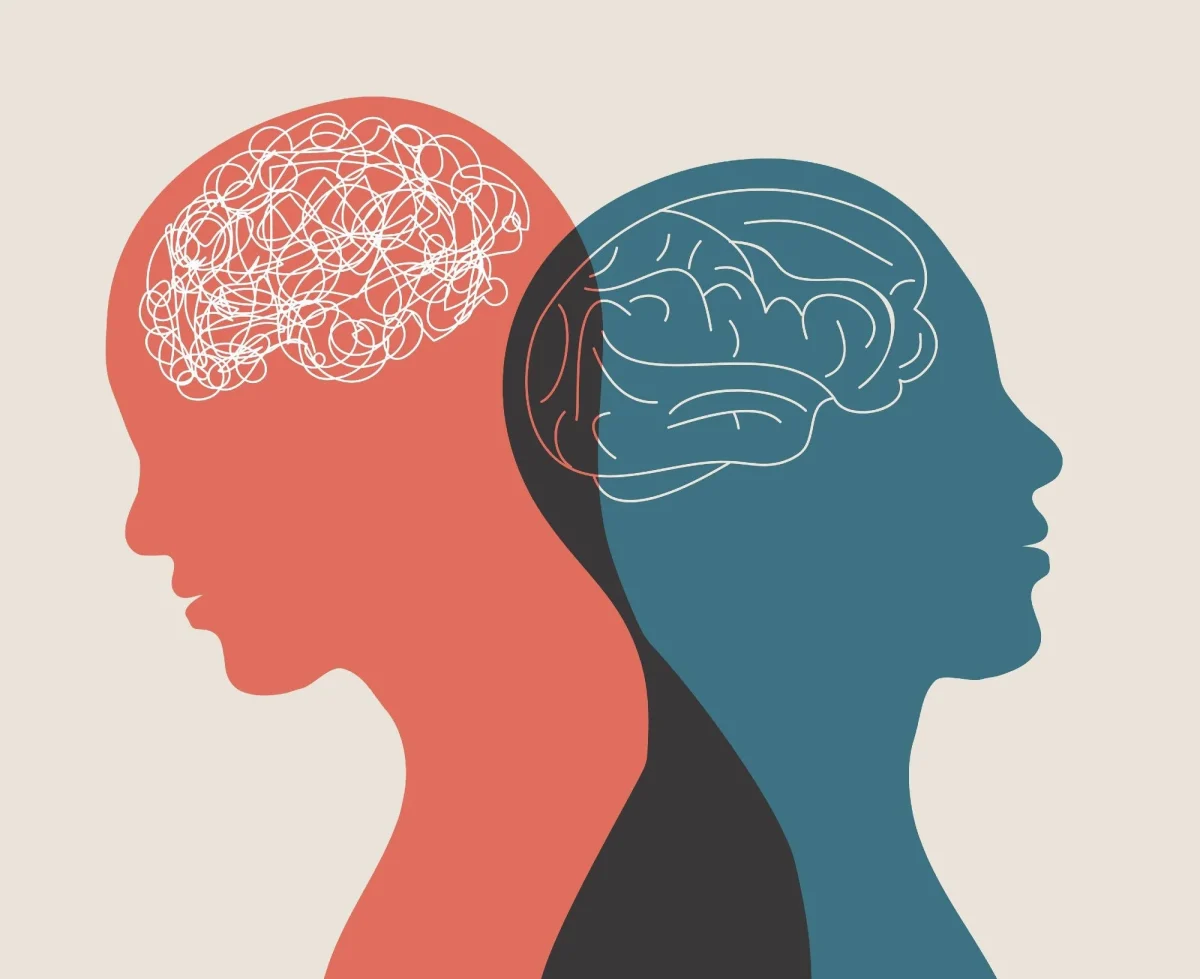
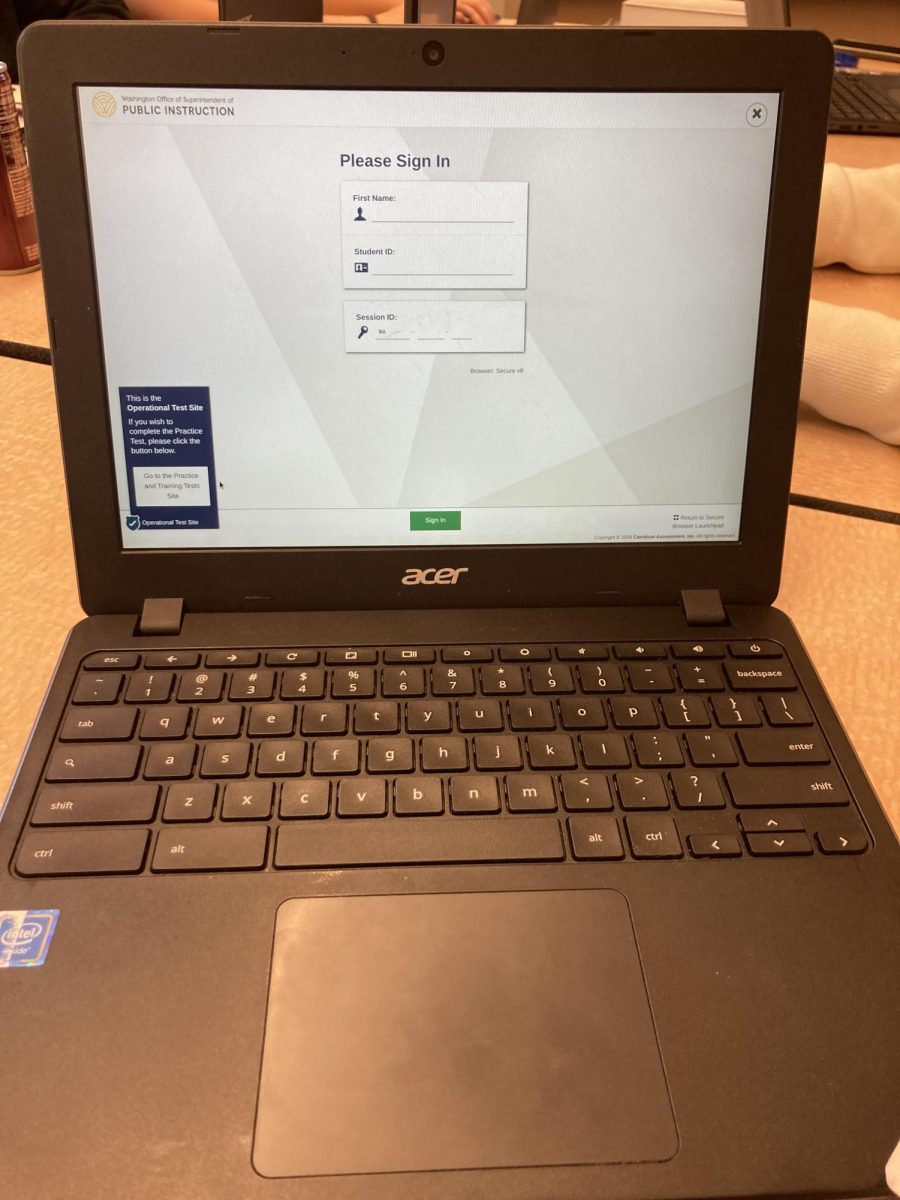

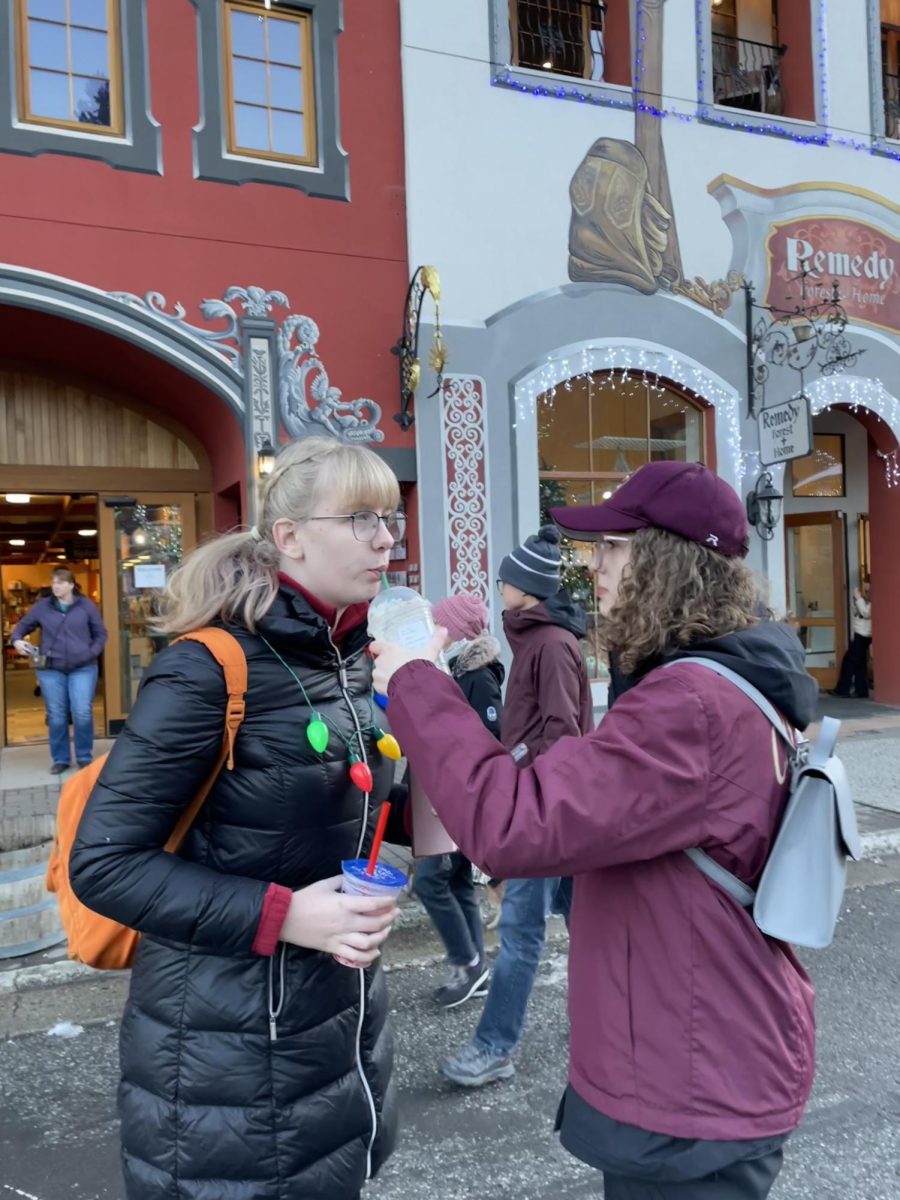




Ryan • Jan 21, 2023 at 5:23 pm
Nice story and apt for us people that aren’t rich.
I am an ordinary citizen angry at our “justice” system.